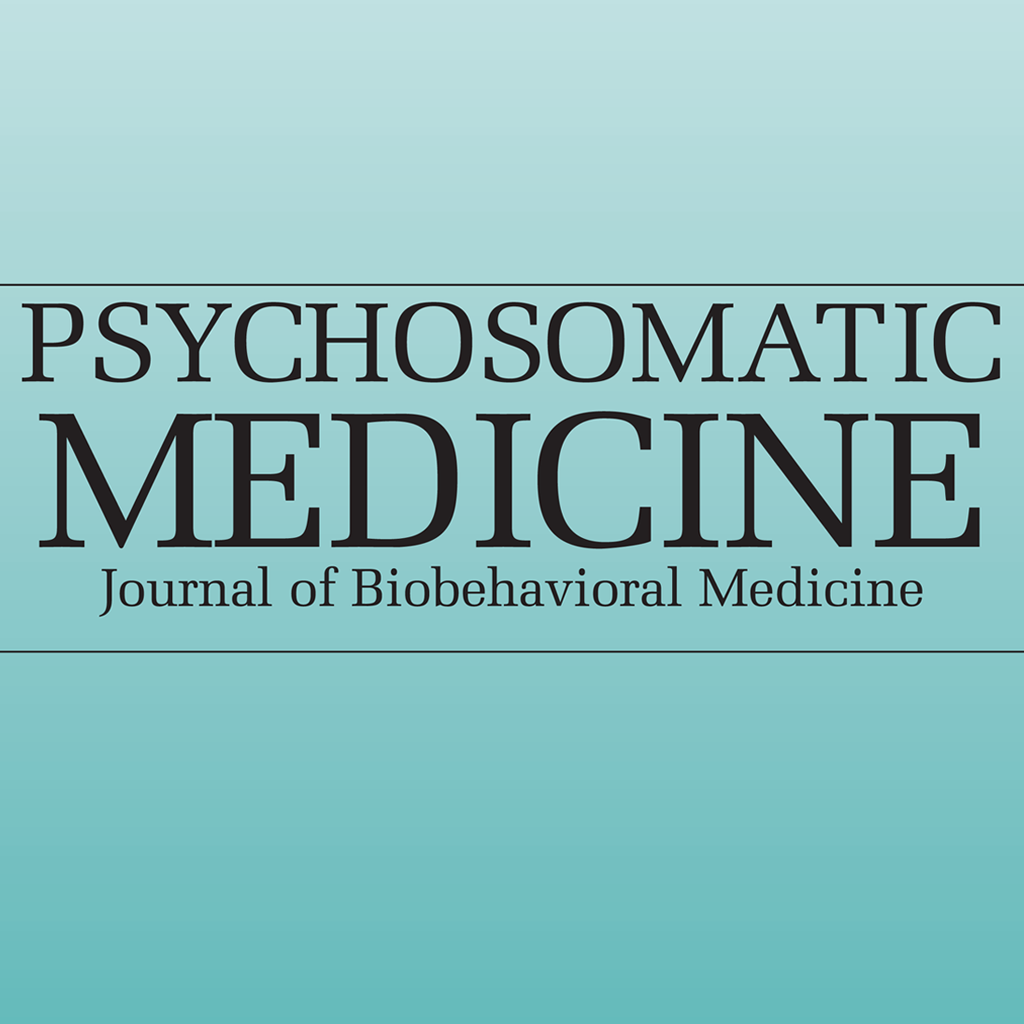Abstract
Objective: Elevated inflammation predicts behavioral symptoms, disease progression, and mortality in patients with breast cancer and breast cancer survivors, although predictors of inflammation remain largely unknown. Adverse experiences in childhood have been associated with higher rates of psychological and physical illness, and elevated inflammatory activity in studies of healthy adults. However, little research has examined the association between childhood adversity and inflammation in the context of cancer, where inflammation is particularly relevant for health.Methods: The current study examined the association between three types of childhood adversity—abuse, neglect, and a chaotic home environment—and inflammatory markers (interleukin [IL]-6 and C-reactive protein), in breast cancer survivors who had completed primary cancer treatment 1 year earlier (n = 152).




Comments (0)